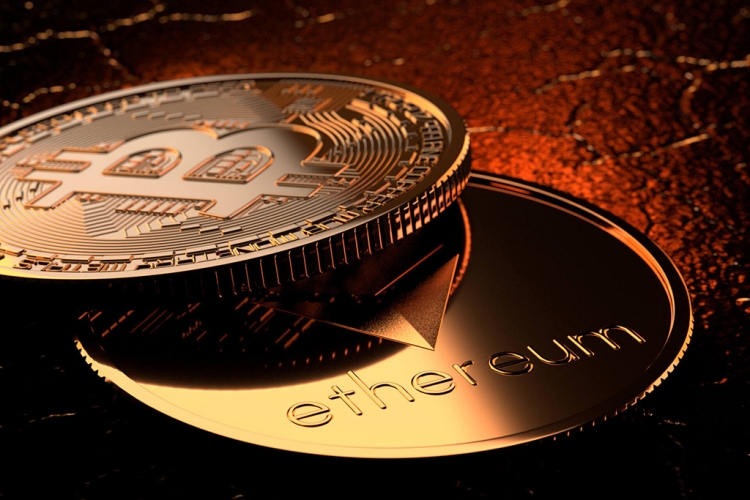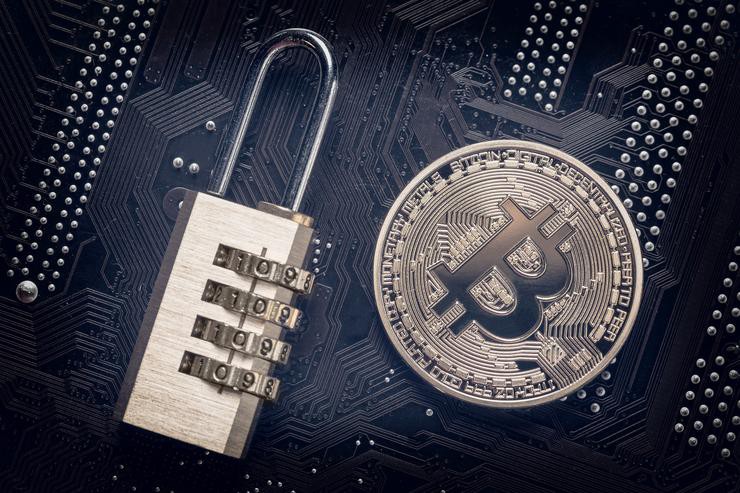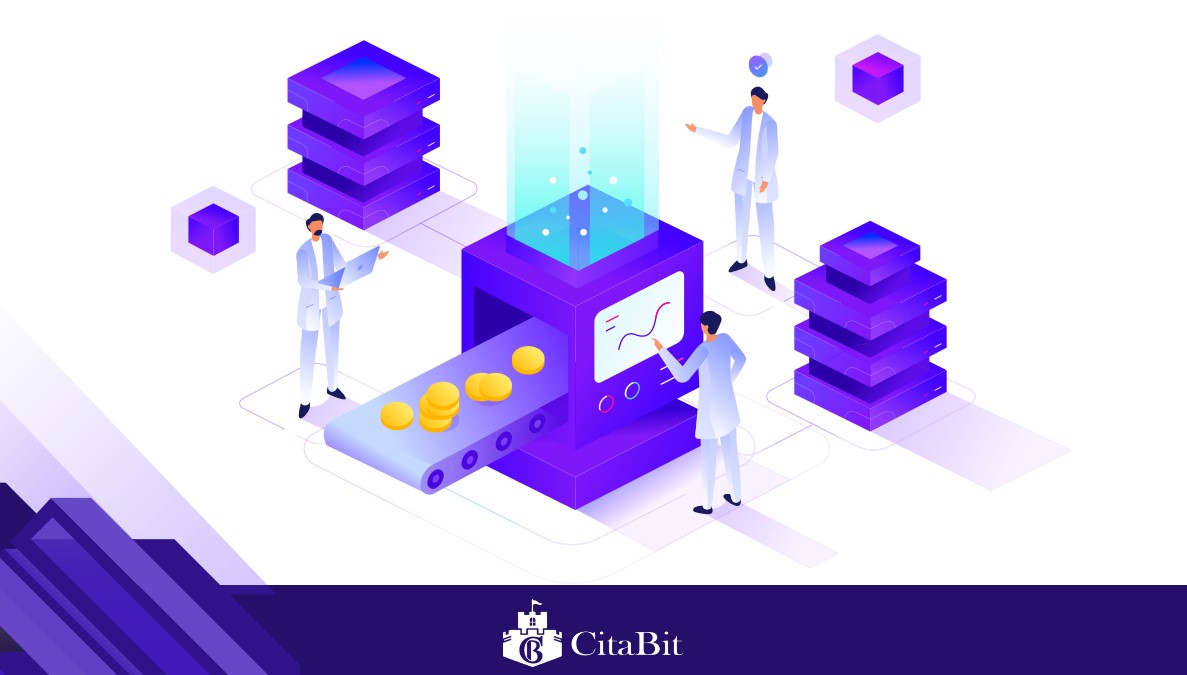Decentralized exchanges, by definition, are exchanges that allow the conversion of digital assets without using any third-party service to match the trades and store the user funds and order books. This system solely uses the blockchain on which the exchange is built. While the concept proposed by these exchanges sounds appealing for many traders supporting decentralization, there are some facts you should know first.
Can’t Trade Coins from Different Blockchains
 fastcrypto.trade
fastcrypto.tradeIn a fully off-chain transaction, as is the case with truly decentralized exchanges, you cannot swap BTC for ETH, as the wallets of the involved traders are not able to interact with each other. For this, it is required a centralized third party (usually an exchange or an OTC broker), which moves the BTC to a deposit wallet and then sends the ETH in the receiver’s wallet.
Truly decentralized exchanges only allow the trading of assets from the same blockchain, such as ERC20 tokens. But ERC20 to ERC20 trading is a very limited market at this moment, and thus most of such exchanges have low liquidity.
Can’t Convert Fiat to Crypto
The main issue for traders is that truly decentralized exchanges are not able to allow fiat-to-crypto conversions, such as BTC/USD or crypto to fiat exchanges. This is very detrimental to new traders who are looking to buy crypto, but only have fiat options with which they can make the purchase.
No Secure Wallet Custody
 incognito.org
incognito.orgActual decentralized exchanges facilitate the trades by pure peer-to-peer, wallet-to-wallet transactions, meaning that only the users are in charge and responsible for the security of their cryptocurrencies. Not all users have the means to get hardware wallets for their crypto storage, and many users forget to apply all the required security measures, such as saving their passwords on browsers.
Slower Transaction Times
As decentralized exchanges only use the private keys of the wallets to directly authorize their trade orders, they have much slower transaction settling times when compared to centralized ones.
Most “Decentralized” Exchanges Are Actually Hybrids
Many “decentralized” exchanges use a centralized party, which is actually a smart contract built on the exchange’s own infrastructure. When an order is placed by a trader, his coins are sent to a smart contract, which then redistributes the coins to the buyer.
As there is one central smart contract that stores and clears all trades, this means that the order books are actually centralized, even if you keep your private key.
With today’s technologies, it is not yet possible to develop a truly decentralized exchange that will have fast processing times and volumes, with a diversity of fiat and crypto pairs.
So, what options do traders have for a secure and efficient exchange? The solution may be CitaBit, an exchange that encompasses all the traits required for a trustworthy and fast trading platform.
What Is CitaBit?
 CitaBit is an ecosystem that makes crypto trading easy and provides a fast and simple medium through simplifies, which the common user can exchange his digital assets. The platform puts a great deal of focus on providing a high level of security by using unique solutions when storing user funds.
CitaBit is an ecosystem that makes crypto trading easy and provides a fast and simple medium through simplifies, which the common user can exchange his digital assets. The platform puts a great deal of focus on providing a high level of security by using unique solutions when storing user funds.
CitaBit is designed to offer an all-in-one trading solution, combining the functionalities of a bank, wallet, and exchange.
The wallets provided by them support a variety of cryptocurrencies, and the funds are stored in separate cold, multi-sig wallets. Also, all user data is encrypted so they cannot be used by third parties.
The CitaExchange supports a wide diversity of crypto pairs and allows users to buy coins with fiat currencies, such as USD and EUR, through bank transfers and credit cards while also having the possibility of making direct fiat withdrawals to cards or via international transfers. All these transfers will be convenient for the users, as the platform will charge very low fees.
While on most decentralized exchanges, latency is a major issue, CitaBit reduces latency by establishing servers across various global locations and setting them up a high-performance stack to offer great bandwidth.

The ecosystem enables the access of various banking services without third-party meddling, such as a virtual debit card for global cross border transactions, mobile internet banking, bank deposits in fiat, and many more.
Users will have access to a large selection of trading tools, such as margin trading, payment codes (CITA codes), Dark pool, and API for conducting cryptocurrency transfers and trades.
Unlike most decentralized exchanges, CitaBit operates completely legal, as it is licensed by an EU country, currently holding two Estonian-issued licenses that allow it to exchange cryptocurrency for fiat and cryptocurrency for cryptocurrency, as well as to provide storage services (both “hot” and “cold” storage) in cryptocurrency wallets.
CitaBit is a complete banking and exchange service dedicated to crypto traders, which is legal, secure, and fast.
Featured image: cryptoave.com
Source From : Coindoo News